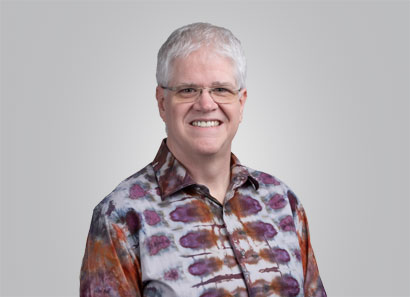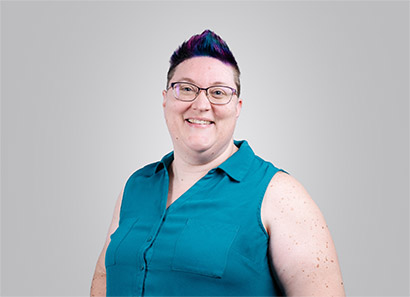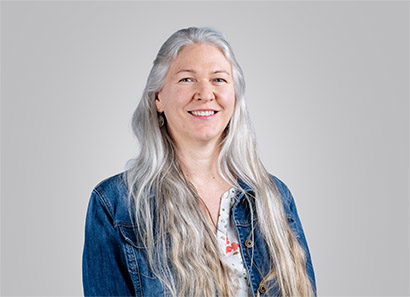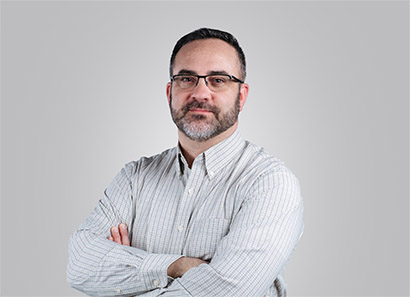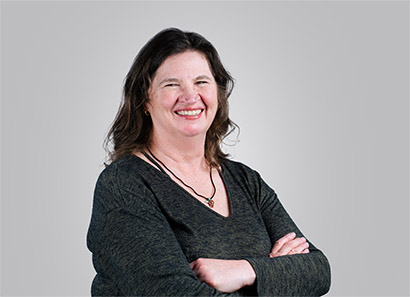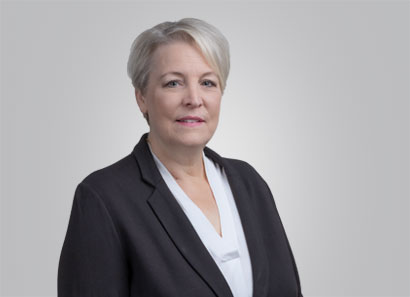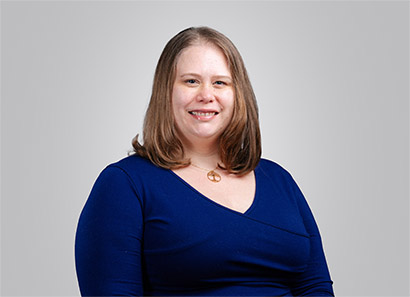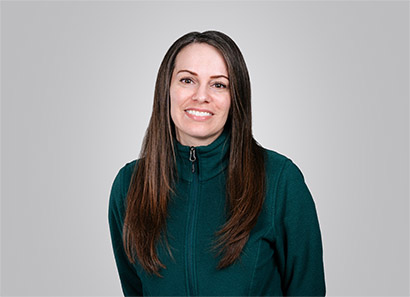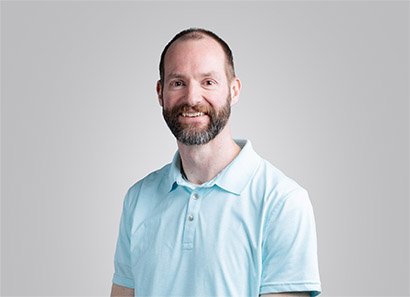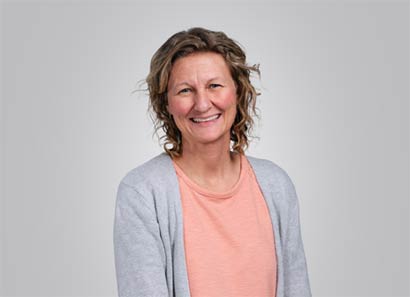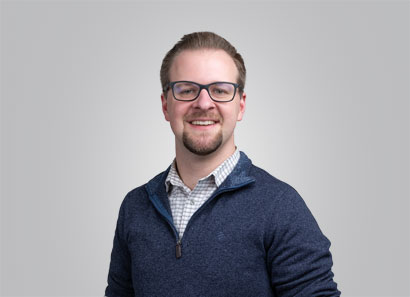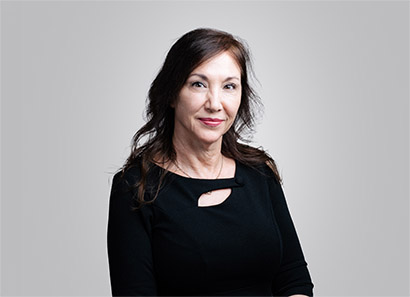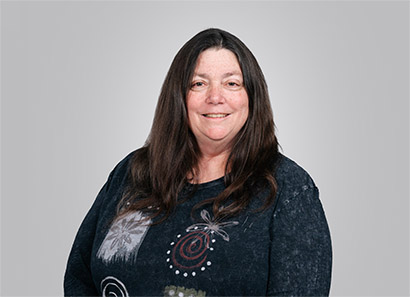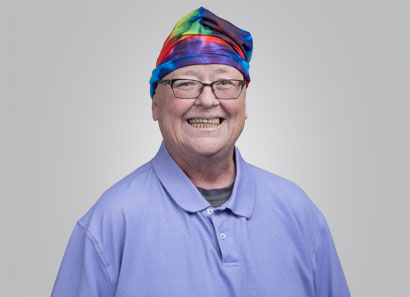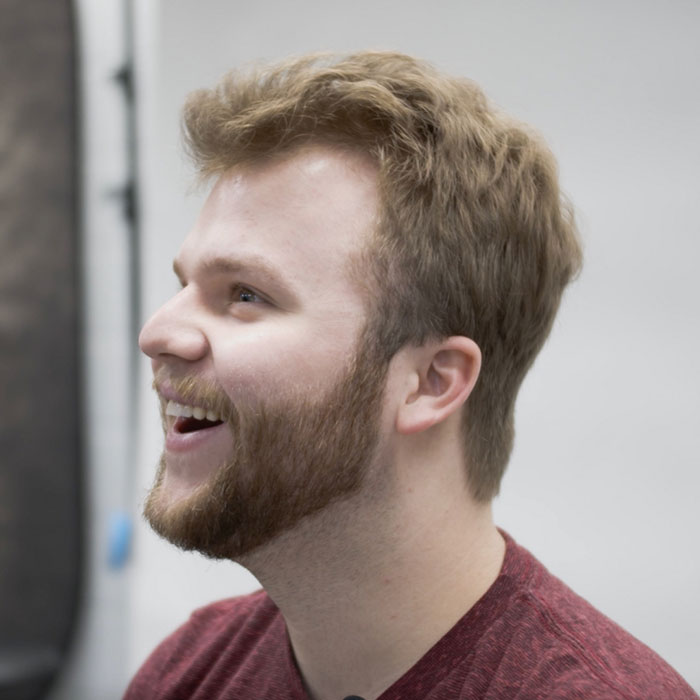Biological Sciences - Program Overview
Delve into the ever-changing science of life
Gain an immersive, captivating look into the world around you. With guided lab experiments, you begin to understand first-hand the complex nature of life on this planet.
From the smallest cells to the largest ecosystems, discover how everything connects. Nurture your fascination in the infinite complexities of life when you study Biological Sciences at CLC.
Why study Biological Sciences with us?
Nearly all your courses are lab-based. Active learning reinforces topics covered in the lectures. Gain hands-on experience working with laboratory equipment such as microscopes and spectrophotometers. As you uncover facts through testing and experimentation, you develop concrete critical thinking skills.
Your instructors know you by name—not number. At CLC, the instructors are teachers first, researchers second. They dedicate their careers to helping you learn and understand the biological sciences.
You learn the same materials studied at 4-year schools, while you receive the personal attention and feedback possible only in small class sizes.
Highlights
-
Financial Aid / Scholarship Opportunities
Explore ways to pay for college (based on need/achievement). -
Transfer Degree
Save money on your first 2 years and transfer your credits to the 4-year school of your choice. -
Program Length: 2 Years
Finish in 2 years as a full-time student.
Transfer Degree
For students planning to transfer to a 4-year college or university for a bachelor’s degree.
These programs are built around general education classes that lead to an associate degree designed to transfer to a 4-year school. CLC participates in the Illinois Articulation Initiative (IAI) to ensure that approved courses will transfer to other participating colleges and universities. Transfer degrees typically take 2 years* to complete.
*Assumes full-time enrollment.
Need help getting started?
Ask us for help. Your College & Career Navigator (CCN) will help you:
- complete the admission process
- choose an academic program
- enroll in first-semester classes
- get access to helpful resources
-
Transfer Degree
Biological Sciences A.S.
Associate in Science- Cost
- $11,025* (estimated)
Courses in the program
We offer a wide range of courses in Anatomy, Biology, Botany, Ecology, Microbiology, Wildlife Management, Zoology—and so much more!
Meet our instructors
Experience the benefit of small class sizes and personalized instruction from your CLC instructors.
Department chair
Faculty
What students say about CLC
Take the next step...
Be debt-free at CLC
CLC has some of the lowest tuition around. Financial aid and scholarships are available—even for working adults.
Explore careers
Discover majors and career paths to complement and extend your intuitive interests and abilities.
Request info
Your education is a big investment of your time, money and attention. Gather all the info you need.
Get started
Start your application today—it’s free and easy to complete. When you’re ready, we’re ready to help you take the next step.


